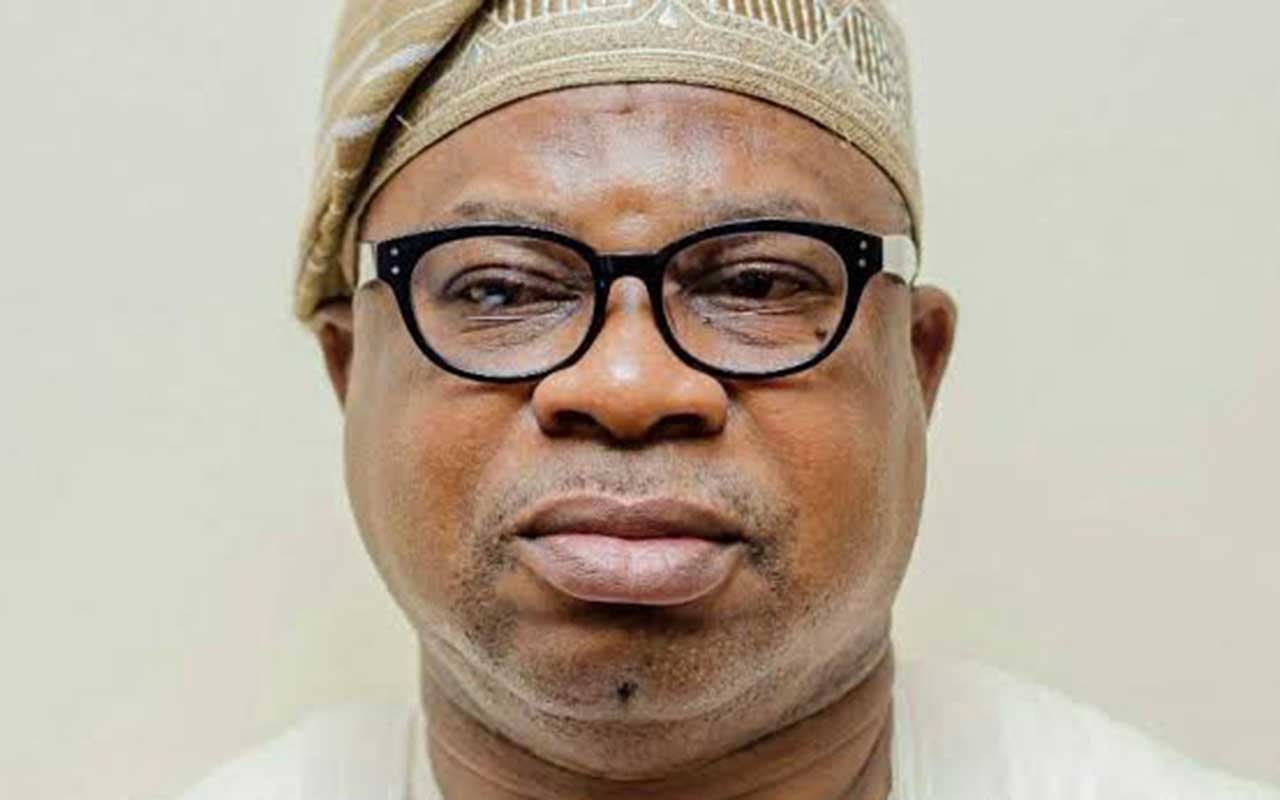 The enforcement of the Recall Clause as enshrined in Chapter 5, Part 1. S 69, of the 1999 Constitution and Section 116 of the Electoral Act 2010 (as amended) may continue to be a mirage even though the root of democracy is spreading in the country.
The enforcement of the Recall Clause as enshrined in Chapter 5, Part 1. S 69, of the 1999 Constitution and Section 116 of the Electoral Act 2010 (as amended) may continue to be a mirage even though the root of democracy is spreading in the country.
This clause, which empowers the electorate to recall any underperforming legislator, whether at the federal or state level, entails meeting some cumbersome conditions that make its effective implementation almost impossible; thereby encouraging legislators to continue to misrepresent their constituents.
Recall that the emoluments of the National Assembly members were recently criticised by former president, Olusegun Obasanjo, who described it as humongous. Other stakeholders, who aligned with him on the issue, also alleged that some funds tagged ‘Constituency Projects Allowance’ are not properly channeled towards the development of the constituencies by the lawmakers.
In separate interviews with The Guardian in Ilorin, Abeny Mohammed (SAN), Chief Wole Oke and Akogun Iyiola Oyedepo, former Secretary of Egbe Afenifere, Kwara State chapter, the inclusion of the clause in the constitution is merely intended to serve as a warning shot to the legislators and not to recall them outright.
Abeny, an Ilorin based constitutional lawyer, said: “Nigerian Constitution is a half baked document that doesn’t serve the needs of the people of the nation. On every aspect of the Constitution, discordant tunes always occur. This is a dangerous omen.
“On the issue of the ‘Recall Clause’ of a legislator that is not doing well among his people who elected him into office, its workability in Nigeria is extremely difficult. How many people had been recalled in the past? If we couch it to make the procedure simpler, trust Nigerian politicians, the voters and the opposition group will abuse it. So, let it remain the way it is at present.”
He added: “The intention of the writers of the constitution matters. The mere fact that the clause has been invoked against any legislator should serve as a lesson to him to amend his ways. In other advanced democracies, such would have no option than to resign from the position. But in Nigeria, have you ever heard of any senator resigning from his position because members of his constituency attempted to recall him? We merely copied this from the United States and it can’t work in our own presidential system of government.”
The senior advocate lamented the egocentric attitudes of many Nigerian politicians, urging them to copy from the United Arab Emirates, whose people had to converge at a point in their history and embraced nationalism over tribalism. He said that the development brought out the best in the nation and moved its status from being a Third World country to one of the leading countries in the world.
For Oke, who was the Leader of Kwara State House of Assembly in the Third Republic, until the recall process is made simple, its implementation will continue to be difficult as an instrument to discipline erring legislators.
He said: “The process is cumbersome. It is easy to bribe voters, which makes it difficult to obtain the needed proportion of the registered voters in the constituency to recall a member of the House of State Assembly, not to talk of the Senator or a member of a House of Representatives.
“Besides, the religious tendency and belief that once a legislator wins an election, it is God that has designed it for him or her to go into the Assembly is another inhibiting factor against the implementation of the clause.
“But why then should anybody want to remove the legislator from the House. After all, his stay has a time limit. Once he has completed his term that is his end. Should he desire to contest again for another term, people will not vote for him or her.”
Oke alleged that the difficult implementation of the clause could be one of the reasons legislators call the bluff of the electorate when the clause is invoked.
He, however, warned legislators who do such to be conscious of their future political careers “because whatever they do during their tenure will determine their future partisan political relevance, either at the legislative or executive level or even in the appointive category.”
Speaking on the same issue, Oyedepo recalled how attempts to recall three senators in Kwara State in the past failed.
Oyedepo, who was the Chief Whip of the state House of Assembly in the Fourth Republic, said: “We tried in vain to recall Senator Ishiaq Salman (Kwara Central) to pave the way for Dr. Olusola Saraki to return to the Senate. The same happened during the time of Senator Suleiman Makanjuola Ajadi (Kwara Central) and late Rafiu Adebayo (Kwara South). It is a very difficult process. It had never worked out well before in any part of the country.
“A replica of the ‘Recall Clause’ is what we have as an impeachment clause against either the governor of a state or Mr. President. The impeachment at this level has been reduced to activities that can be carried out at the Assemblies. Don’t forget that the man being recalled will not fold his hands. He will embark on a spending spree among his electors to halt the process. I believe that this is a difficult thing to implement in Nigeria.”
A recall occurs when voters exercise their inalienable right to recall a serving lawmaker before the end of his or her tenure, in the event that more than half of the registered voters of the lawmaker’s constituency lose their confidence in him or her.
It is pertinent to note that the recall process is only applicable to lawmakers and councillors in an Area Council of the FCT as enshrined in Sections 69, 110 of the 1999 Constitution and Section 116 of the Electoral Act 2010 (as amended).
The process begins with the submission of a petition addressed and presented to the Chairman of INEC by the electorate in the lawmaker’s constituency, stating that they have lost confidence in the lawmaker.
The petition shall be signed by at least more than 50 per cent of registered voters in the lawmaker’s constituency. For example, if there are 10,000 registered voters in the lawmaker’s constituency, at least 5,001 registered voters must sign the petition.
INEC shall then verify the authenticity of the signatures of the registered voters who signed the petition. Upon confirmation of the authenticity of the signatures, INEC shall conduct a referendum within 90 days of receiving the petition, which shall then result in the recall of the lawmaker by INEC if a simple majority of the registered voters in the lawmaker’s constituency vote “Yes” to recall the lawmaker, during the referendum.
Upon the successful recall of the lawmaker, INEC shall conduct a bye-election to enable the constituents to elect whoever they think will be a better representative.






